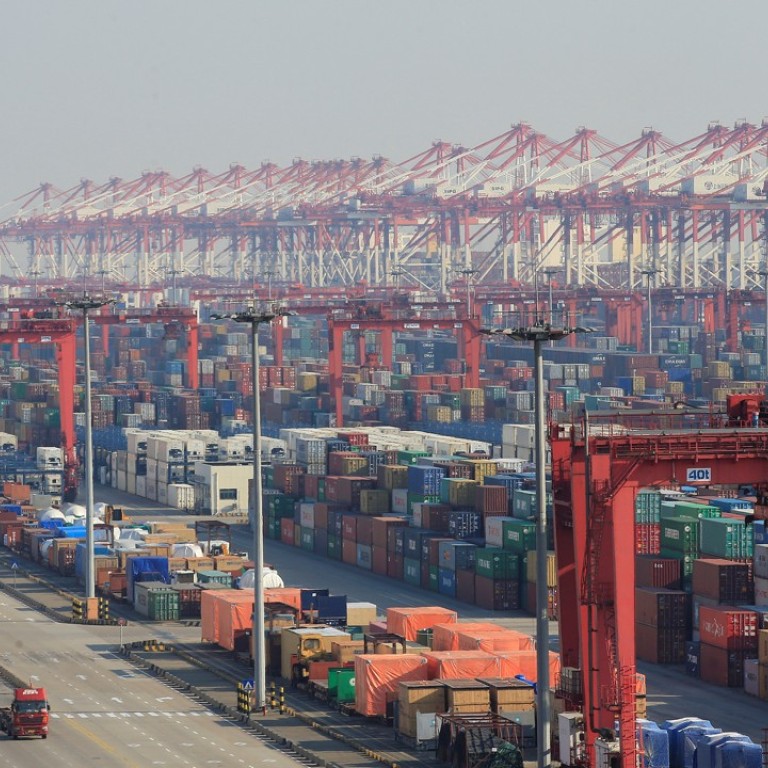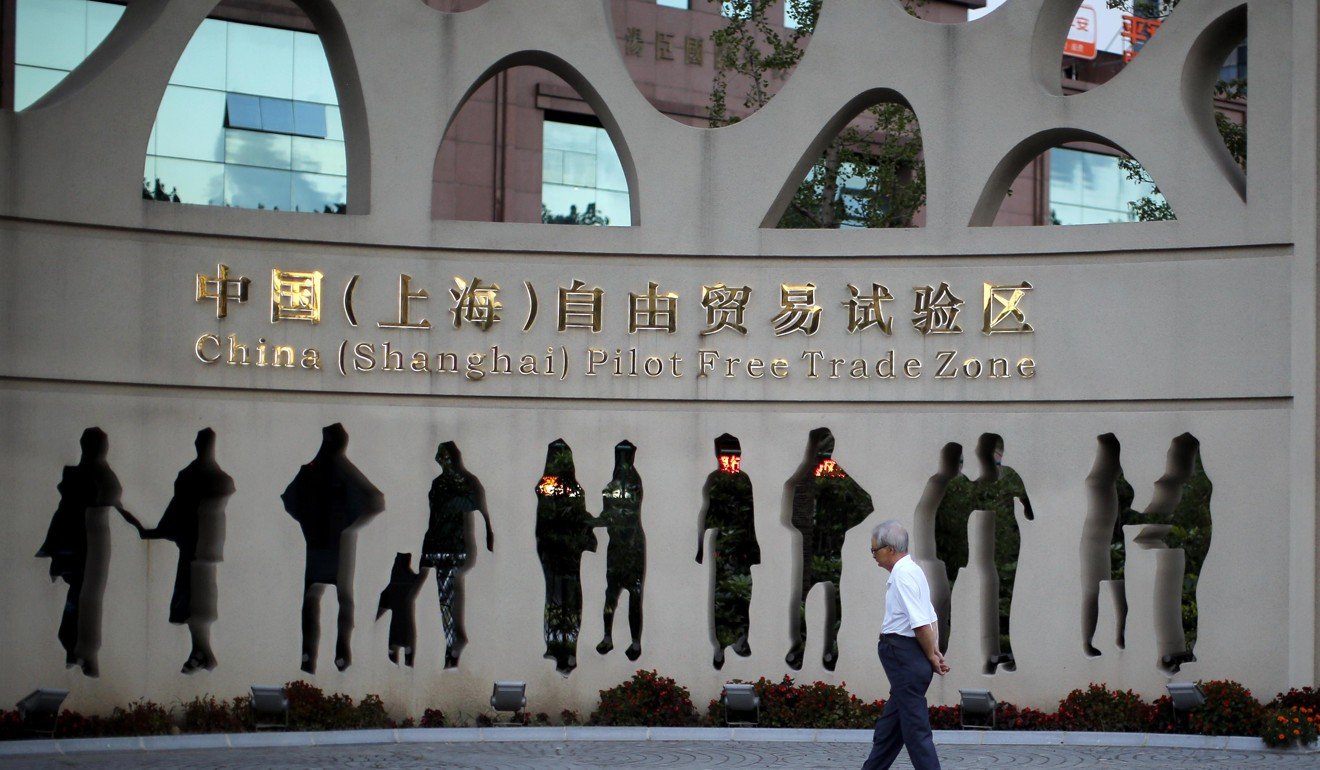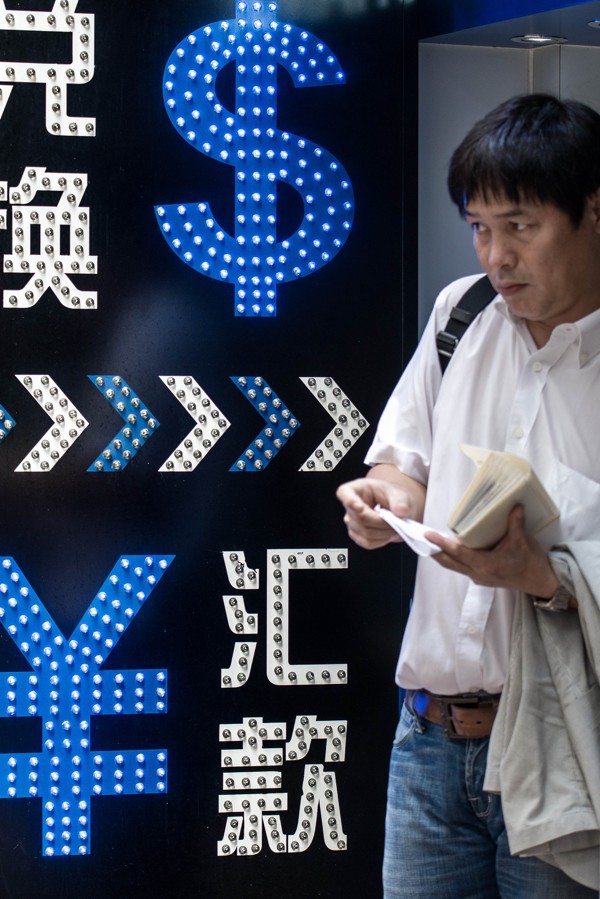
Frustrated, EU chamber calls for real steps to build Shanghai free port
After three years of slow development at Shanghai FTZ, the EU Chamber of Commerce is urging officials to take concrete steps to build a free port
In a rare display of frustration over the minimal progress of Shanghai’s much-hyped free-trade zone (FTZ), a major European Union business lobbying group has advocated that the city takes concrete steps in loosening customs regulations to build a “free port” in the mainland’s commercial capital.
Ioana Kraft, the General Manager of the European Union Chamber of Commerce’s Shanghai office, said on Wednesday that incentives related to port development were highly anticipated by European businesses operating in Shanghai, which could have a substantial impact on foreign companies and the local economy.
“We don’t see any credit given to or importance attached to the free-trade zone,” she told reporters in a media briefing. “For those zones elsewhere in the country, we see them as development zones, rather than real free-trade zones.”
She added that the initiative to build a free port might bring some additional incentives to the zone.

Unlike other FTZs around the world which focus on loosening regulations to facilitate cross-border cargo flows, the Shanghai FTZ had aimed to undertake drastic financial liberalisations to support the city’s bid for a global financial hub by 2020.
However, the authorities have yet to live up to their promises of fully liberalising the yuan’s capital account in the FTZ and allowing freer capital flows across the border.
Kraft said more incentives targeting at bolstering port development were expected amid the city’s other ambition of turning itself into a global shipping centre.
Shanghai has envisioned creating a mini-Hong Kong territory in the FTZ, a free marketplace where trade and investment thrive as companies are exempted from the intervention of customs authorities.

The EU chamber of commerce has been lobbying the local government to clarify its rules to encourage foreign businesses’ investment in research and development, and to update visa policies to attract foreign talent.
Shanghai is also striving to draw more investment from world-class technology businesses to support its plan to become a world innovative city.
But business executives said Shanghai officials had to think about how to make its investment environment competitive, against increasing living costs, higher personal income tax and rigid visa policies.
Shanghai is also facing rivalry from 10 other free-trade zones across the mainland vying for foreign capital.
At the beginning of this year, the city’s newly elected mayor Ying Yong pledged to further develop the FTZ into a pilot zone that pioneers financial reforms in Shanghai.
To date, the yuan has yet to be convertible under the capital account in the zone while cross-border capital flows are still subject to strict reviews.

